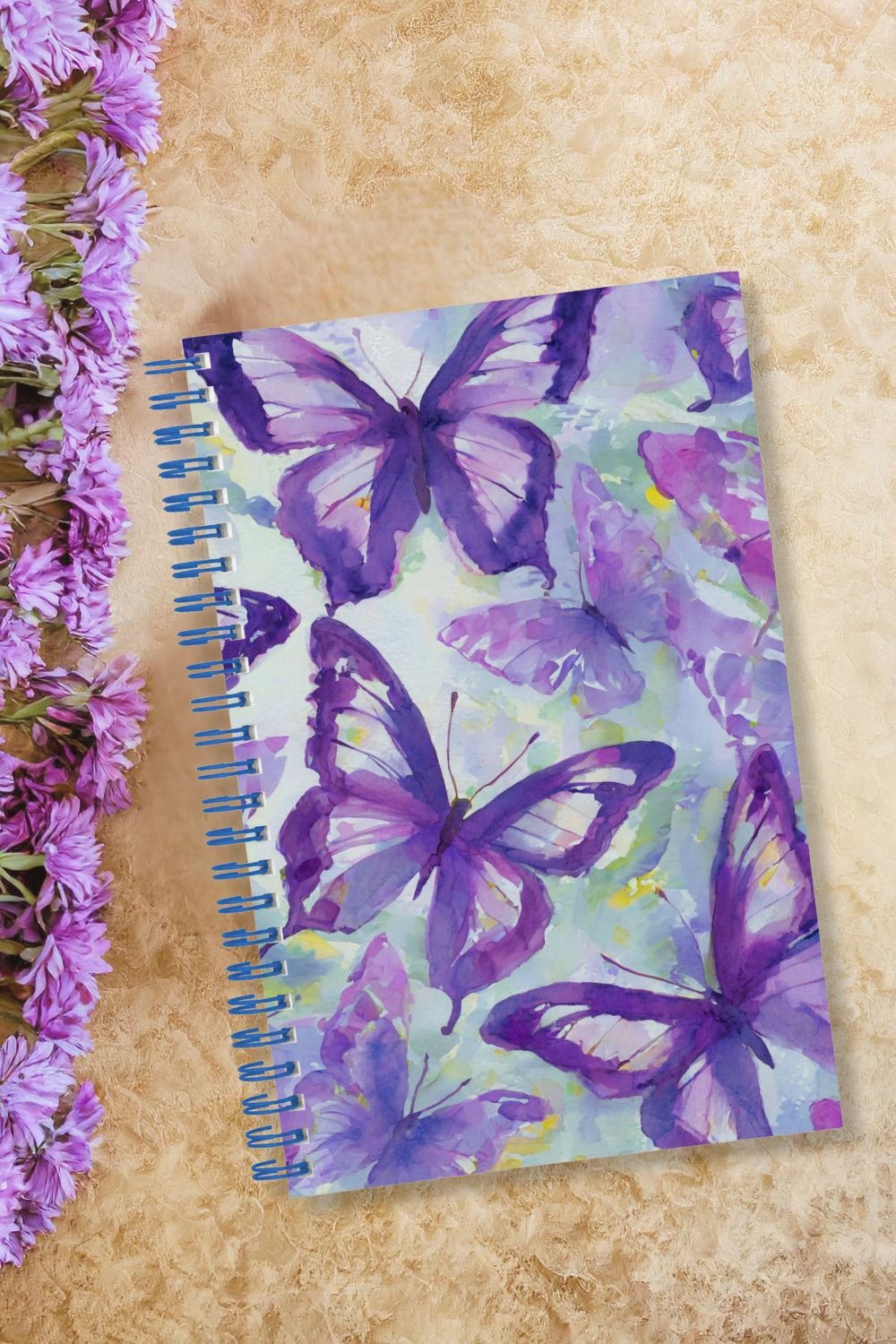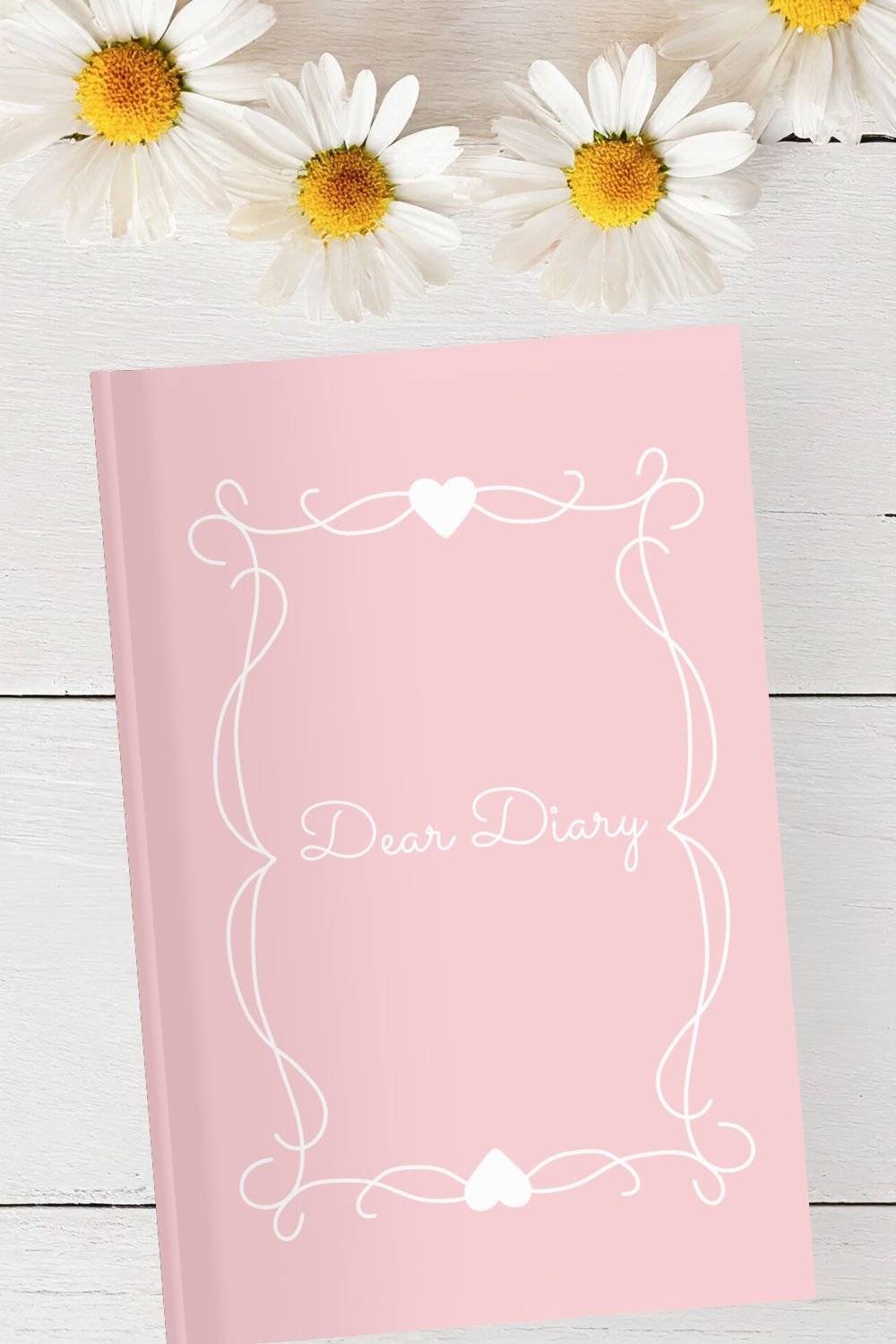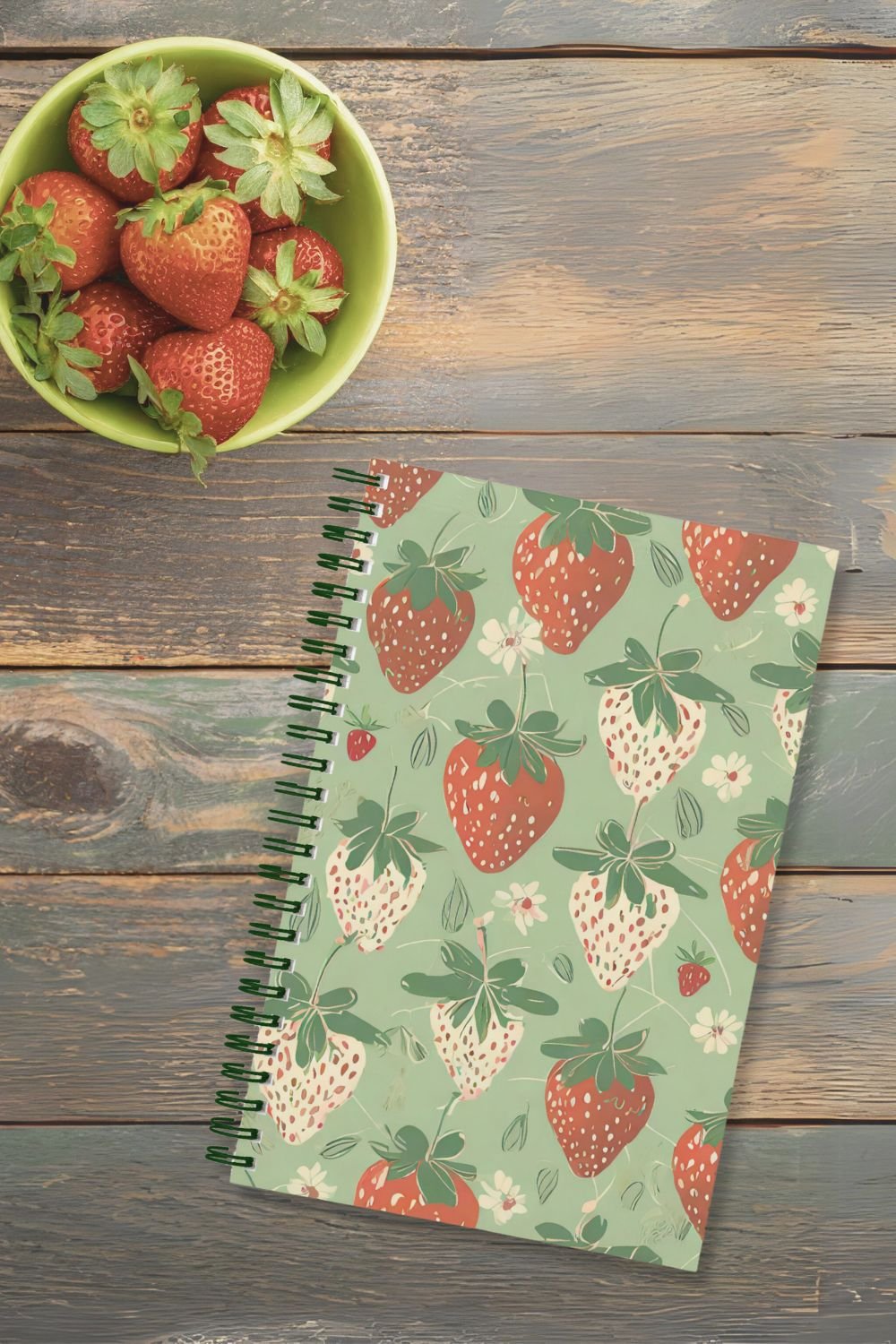Relax With These Journal Prompts For Stress Relief
Journal through stress & bring relaxation to your mind and body
Journaling for stress relief
Stress is a (not so pleasant) part of life. Sometimes it feels like the way to “beat” stress is to power through and keep going until it disappears because we’ve solved whatever issue or problem is causing us stress. There’s certainly something to be said about buckling down and dealing with the concrete issue at hand, but it’s also important to take a moment to sit with our emotional experiences surrounding the stressors in our lives. It’s hard to believe in moments of stress, but – in many ways – the emotional stress response is actually separate from the thing that has us stressed out. Often, if we’re able to work through the emotional experience of stress, the underlying issue that elicited the stressful feelings disappears or becomes easier to deal with. I find that journaling helps me to sit with my emotions and work through them when I’m in need of some stress relief.
Journal prompts for stress relief
I’ve put together these journal prompts for stress relief to help you work through the emotional experience of stress and bring relaxation to your mind and body.
On a scale of 1-10 how much stress are you experiencing right now? Is this more or less stress than you feel on average?
What is stress? How do you know when you are experiencing stress? How do you know that you are experiencing stress right now?
What does this stressful experience physically feel like in your body? Where in your body do you feel the physical sensations? What do the physical sensations feel like? If you had to describe the physical sensations as colors and shapes, what colors and shapes are the physical sensations? Where in your body are the physical sensations located?
Besides “stress” what names would you give to these emotions? (Angry, sad, depressed, overwhelmed, anxious, scared, etc.) If you take deep breathes and move around a bit, do the physical sensations associated with the emotions change? If so, how? What thoughts are arising in your mind with these emotions? What are you telling yourself about these emotions or this experience of stress? What memories or past experiences are coming to mind? What are you telling yourself about who you are and how your life works?
What would you say to a friend experiencing what you’re experiencing right now? If someone showed up and had the perfect words to say to you about what you’re feeling, what would they say? Would it help to say these perfect words to yourself right now?
What does relaxation feel like in your body? What physical sensations do you experience when you’re relaxed? Where in your body do you feel these sensations?
When do you feel most relaxed?
What really simple things help you feel relaxed?
What are you feeling stressed about right now? How long have you been feeling stress about these things? What about these things makes them stressful?
What’s the worst-case scenario you imagine when you think about these stressful things? How likely is this worst-case scenario?
What are you saying to yourself about these stressful things? Write down the 3-5 thoughts that most commonly cross your mind about these stressful things. How do these thoughts impact your response to the stressful things? Do these thoughts make you feel more or less emotionally safe? How do these thoughts impact your emotional life?
Considering the last 12 months, have you experienced more stress than normal, about the same amount of stress you normally do, or less stress than normal? Is this “bigger picture” of your life helpful to consider as you reflect on the stress you’re experiencing right now?
How comfortable are you asking for help? Are there certain areas of life where it’s easier to ask for help than others? Would asking for help with something reduce your stress?
What’s the worst thing about feeling stress? Why is this the worst thing about stress for you? Does this tell you anything about how you experience stress or deal with stress?
In what ways does stress benefit your life? Does this tell you anything about how you experience stress or deal with stress?
Growing up, how did you see the important adults in your life respond to stress? How did you know they were stressed? How did they respond to stress? Do these childhood observations about stress have any impact on how you experience and/or respond to stress now?
Imagine you on your most relaxed day. Write a short story about a day in the life of this “most relaxed” version of you. Imagine you on your most stressed day. Write a short story about a day in the life of this “most stressed” version of you. Re-read your short stories. What does this exercise tell you about how you experience and respond to stress and how it impacts you? What can you learn from what you wrote?
When you’re feeling stress, what’s your “go to” response? How are you most likely to respond to stress in your life? If that response doesn’t work, what do you usually do next? Are these frontline responses to stress helpful to you in the short-term? Why or why not? Are these frontline responses to stress helpful to you in the long-term? Why or why not?
Ideally, how would you like to respond when you experience stress? Ideally, how would you like to respond to yourself emotionally when you experience stress?
What are three simple things you can do to comfort yourself emotionally right now? What are two simple practical things you can do to reduce the stress this situation is bringing up, or the overall stress you experience in life?
What’s the most important thing you’ve learned from this journaling exercise?
Photos for this article were created with Adobe Firefly.










